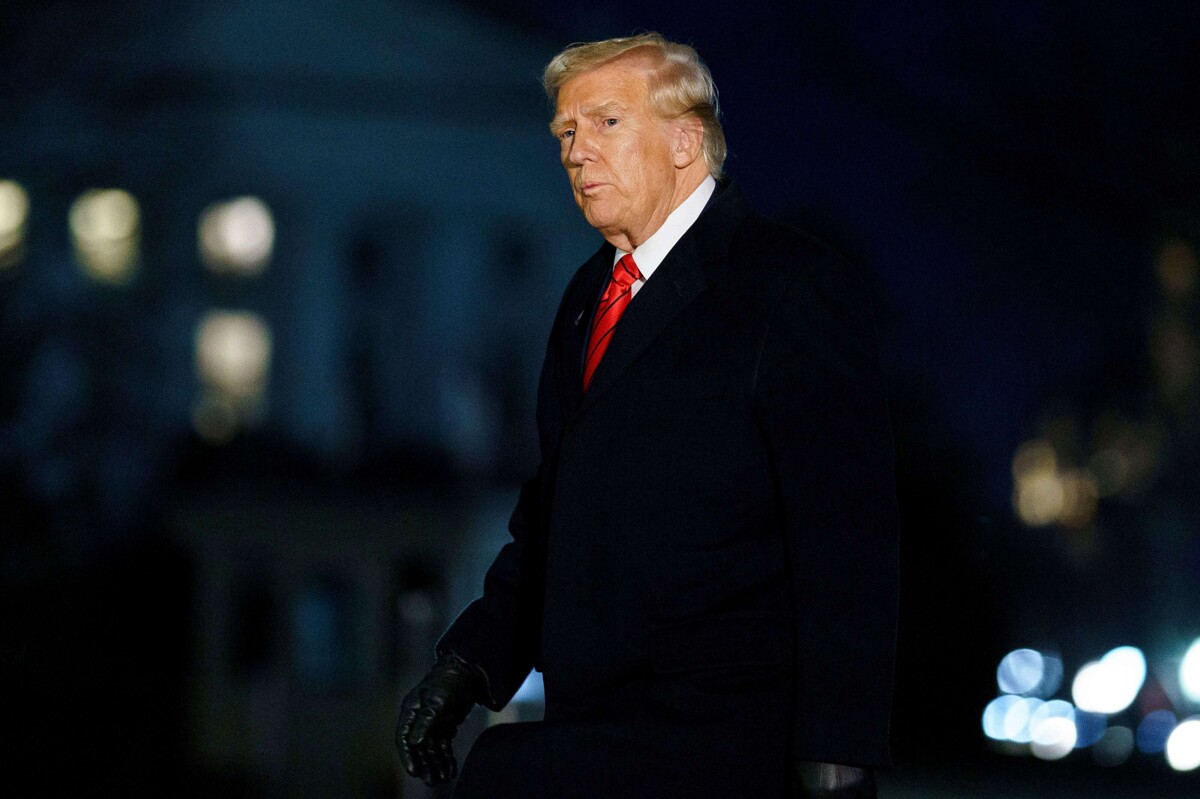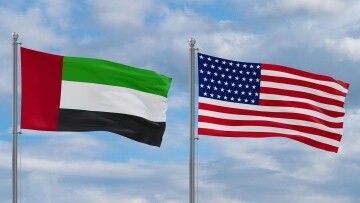
The President of the United States, Donald Trump, has been carrying out a series of unusual provocations and diplomatic moves that have drawn attention and caused concern among various allied countries. From suggesting the renaming of the Gulf of Mexico to threats of imposing tariffs on trading partners, Trump has hinted at a strategic ambition that seeks to expand the territory and power of the United States.
In the past, Trump has expressed his desire to enlarge U.S. borders, even using tariffs and military force to achieve this goal. These positions, far from promoting international cooperation, seem to highlight the idea that powerful countries can do as they please, marking a significant shift in how international relations are conducted.
It has been observed that Trump is articulating an "America alone" approach rather than "America first," which is alienating allies and undermining the traditional role of the United States on the world stage. Some of his recent actions, such as threats of territorial acquisition and changes in trade relations, have generated uncertainty and criticism both nationally and internationally.
Trump's return to power during a time of increasing global volatility presents significant challenges for the future of international relations. His seemingly chaotic moves, such as provocations toward Canada, Denmark, Mexico, and Panama, could be part of a broader strategy aimed at redefining the role of the United States in a changing global landscape.
As Trump continues to promote an expansive and isolationist vision for the United States, concerns arise about the long-term implications of his actions on international relations. His focus on hard power and the assertion of U.S. supremacy could have significant consequences for global stability and the rules-based international order that has prevailed since the end of World War II.














